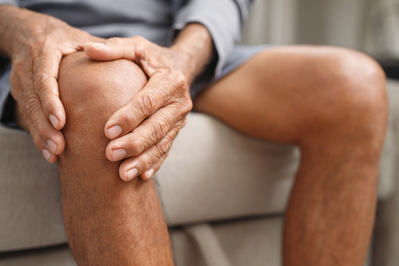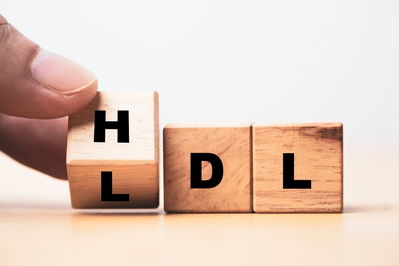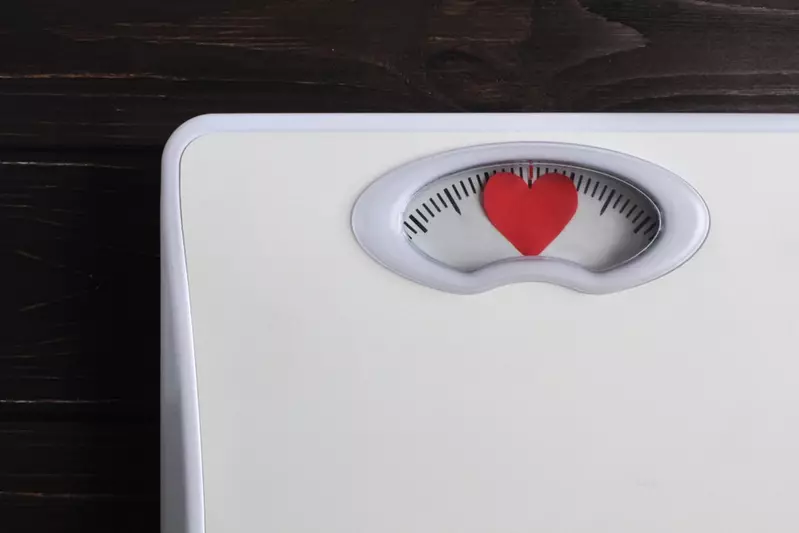How Does Losing Weight Affect Health: 10 Health Benefits of Weight Loss
Losing weight can boost self confidence and make you feel better about yourself. It can also have a drastic impact on your overall health. Losing just five to ten percent of your body weight can reduce your risk of chronic conditions such as heart disease and diabetes. Here are some of the biggest health benefits of weight loss that you may experience after losing weight.
1. Increased Energy Levels
Losing weight reduces the total amount of energy your body needs to use to maintain various functions and physical activity. When you are at a lower weight, your body uses less energy throughout the day. This is why one of the first things people notice when they start losing weight is a big boost in energy levels.
2. Lower Risk of Cancer

Obesity and overweight are linked to an increased risk of multiple types of cancers. Research suggests that excess body weight may increase cancer risk because it boosts inflammation, influences hormones, and affects cell growth. It is suggested that weight may be a stronger factor for some cancers than others, such as endometrial cancers.
3. Improved Mental Health
Losing weight doesn’t just make your body feel better. It can also provide a boost to mood and mental health. In a study of obese older adults, they reported less depression, anger, tension, and fatigue three months after significant weight loss. Achieving and maintaining a healthy weight lowers your risk for anxiety, depression, and other mental health problems.
4. Better Sleep

Overweight and obesity put you at a higher risk of developing sleep apnea. This is a condition that causes a person’s airway to partially or fully collapse during sleep. Losing weight reduces the amount of fat that’s present to physically restrict your breathing and block your airway. Studies also suggest that a five percent weight loss can lead to better and longer sleep and make you more likely to sleep through the night.
5. Boosted Fertility
If you have been wanting to become pregnant, losing weight may help increase your chances of conceiving. High body weight can negatively affect fertility, and polycystic ovary syndrome (PCOS) has been associated with obesity. Additionally, a woman’s weight before and during pregnancy has been linked to certain health outcomes for their babies, including premature birth, heart defects, high cholesterol, and obesity. Losing weight may help ensure a healthy pregnancy and baby.
6. Reduced Chance of Arthritis

Extra body weight puts more pressure on your knees and other joints. Just 10 extra pounds puts an additional 40 pounds of pressure on your lower body. This can cause your joints to wear out faster. Excess fat can also increase inflammation, which over time can damage tissues in your body, including in your joints. Losing just a little weight can reduce these effects and make you less likely to get arthritis later in life.
7. Prevention of Type 2 Diabetes
If you are at risk of type 2 diabetes, losing weight is one of two ways to delay or prevent it. The other is moderate exercise for 30 minutes five days a week. Losing just five percent of your body weight could be enough to get the benefit. If you already have diabetes, weight loss could help you control your blood sugar, help you take less medication, and reduce the chances of complications.
8. Increased Levels of Good Cholesterol

If you have high LDL cholesterol, you can lower it with healthier foods and medication. However, it’s more difficult to raise levels of HDL cholesterol, or good cholesterol. This type removes bad cholesterol from your blood. Losing weight and exercising can help get you into the ideal HDL range, which reduces your chances of heart disease.
9. Lower Triglyceride Levels
Triglycerides are particles in your body that transport fat for energy and storage. High levels of triglycerides, which are considered more than 200 mg/dl, mean you are more likely to experience heart attack or stroke. Losing weight can lower triglyceride levels to a healthier level, which is around 150 mg/dl.
10. Improved Blood Pressure

Carrying extra body weight makes your blood push against your artery walls with more force. This makes your heart work harder as well. As an alternative to taking blood pressure medicine, you can lower your blood pressure by losing weight and changing your eating habits, such as cutting salt intake and eating more fruits, vegetables, and low-fat dairy.
These are some of the biggest benefits that losing weight can have on your health. If you want to lose weight in a safe, effective, and sustainable way, check out these science-backed tips for weight loss that can help you reach your weight loss goals!
